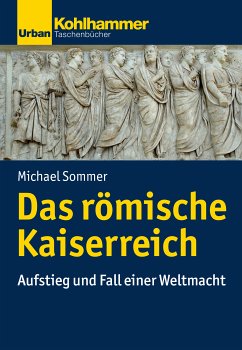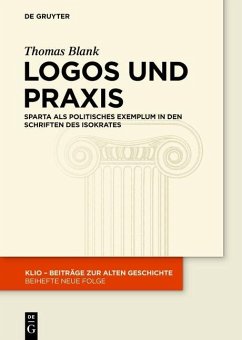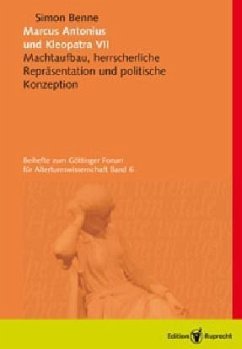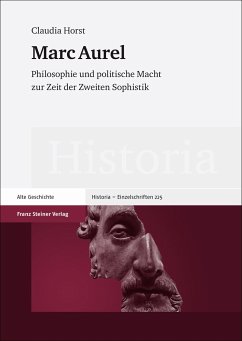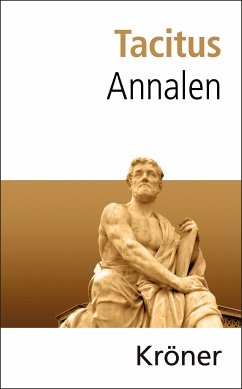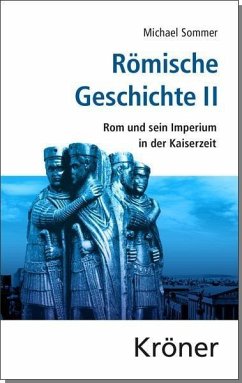
Mark Aurel (eBook, PDF)
Kaiser, Denker, Kriegsherr
Versandkostenfrei!
Sofort per Download lieferbar
Statt: 35,00 €**
31,99 €
inkl. MwSt. und vom Verlag festgesetzt.
**Preis der gedruckten Ausgabe (Broschiertes Buch)
Alle Infos zum eBook verschenkenWeitere Ausgaben:

PAYBACK Punkte
0 °P sammeln!
Marcus Aurelius, one of the best-known of the Roman emperors (161&180 CE), has often been called a ?philosopher-emperor=. That description is limited to his private life, including his family. But his public role had a different focus, directed towards the legal system, on the one hand, and on the other to the need to fend off widespread attacks by Germanic and Sarmatian peoples on the Danube border that were seriously threatening the Roman Empire. The Emperor=s philosophical work, the Meditations, undoubtedly has a place in world literature, but it has not been systematically examined. It is ...
Marcus Aurelius, one of the best-known of the Roman emperors (161&180 CE), has often been called a ?philosopher-emperor=. That description is limited to his private life, including his family. But his public role had a different focus, directed towards the legal system, on the one hand, and on the other to the need to fend off widespread attacks by Germanic and Sarmatian peoples on the Danube border that were seriously threatening the Roman Empire. The Emperor=s philosophical work, the Meditations, undoubtedly has a place in world literature, but it has not been systematically examined. It is therefore appropriate to measure the emperor=s historical significance in terms of his political achievements, rather than on the basis of his philosophical thoughts, influenced by Stoicism. This volume attempts to clarify this approach.
Dieser Download kann aus rechtlichen Gründen nur mit Rechnungsadresse in A, B, BG, CY, CZ, D, DK, EW, E, FIN, F, GR, H, IRL, I, LT, L, LR, M, NL, PL, P, R, S, SLO, SK ausgeliefert werden.





